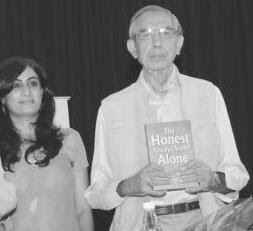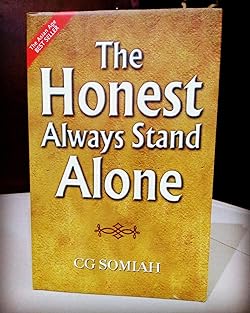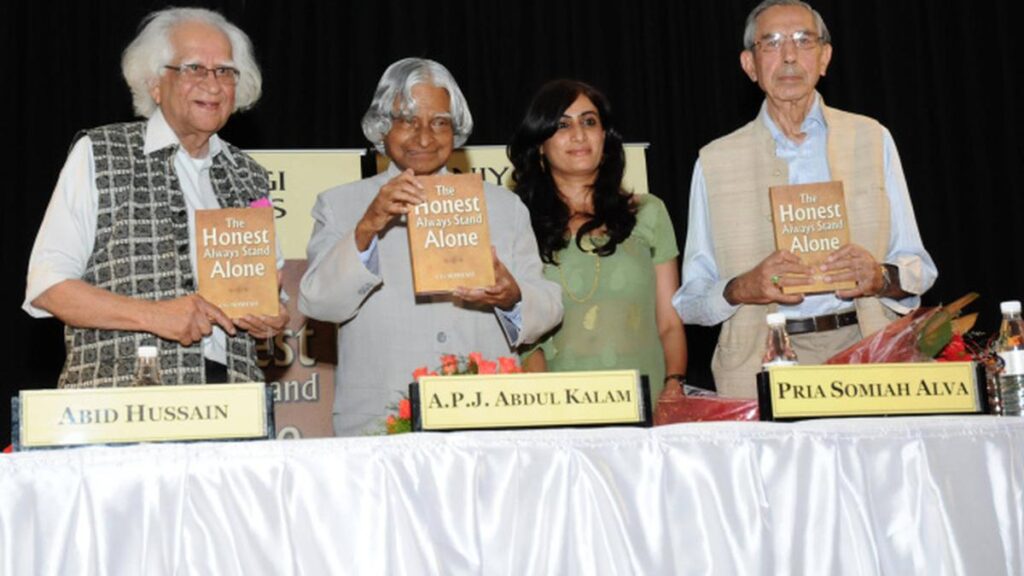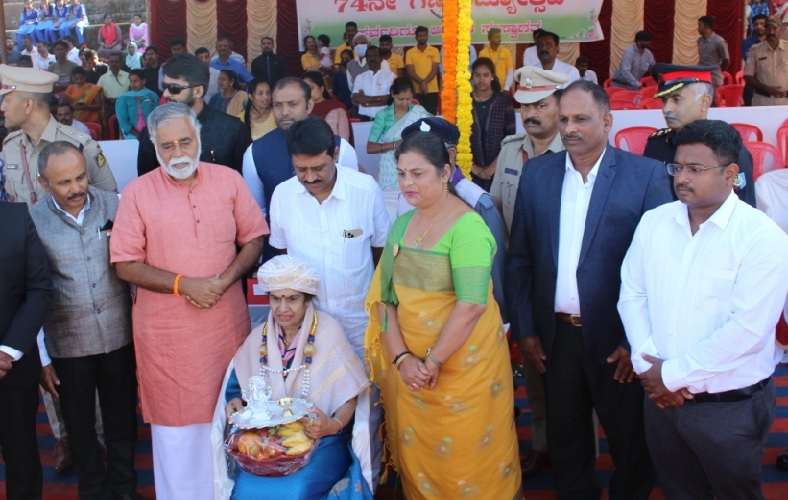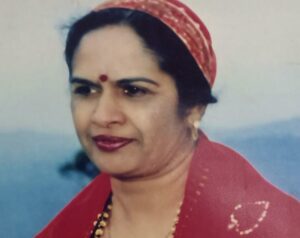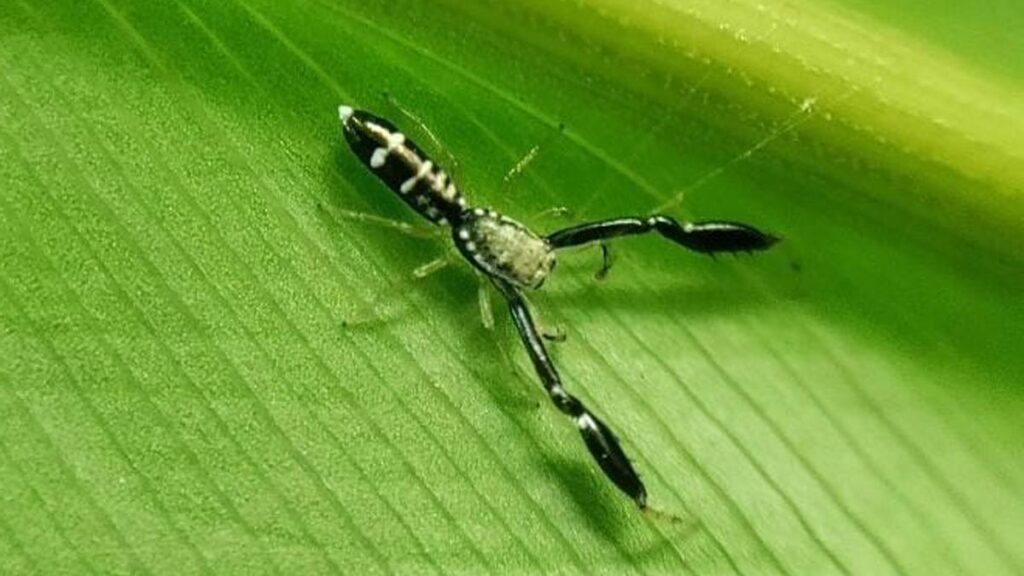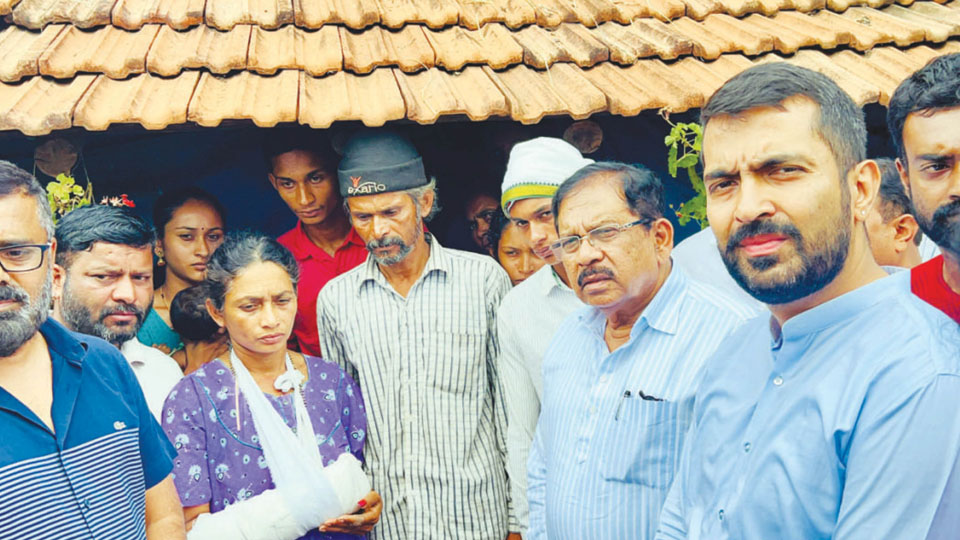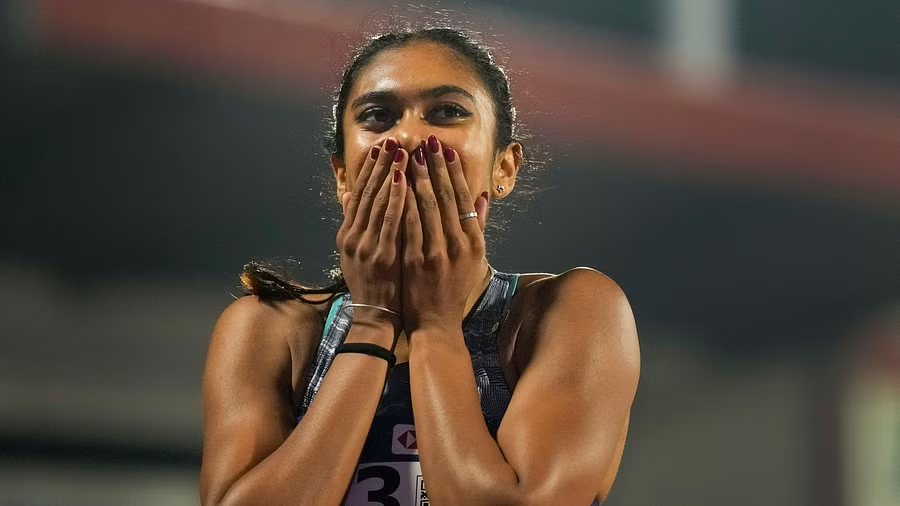Charishma Kaliyanda, NSW MP for Liverpool, interviews her mother Bhanu Chottera, a former Indian Government architectural draughtsperson.
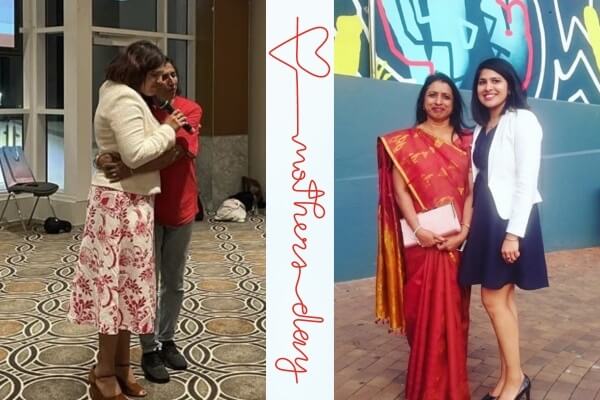
Our Mother’s Day series ‘My Mum in her own words’ pays tribute to our mothers, showcasing the intergenerational bond between mother and child. Here Charishma Kaliyanda, NSW MP for Liverpool, sits down with her mother Bhanu Chottera, a former Indian Government architectural draughtsperson.
Charishma Kaliyanda: What are your strongest memories of your mum?
Bhanu Chottera: My mum, known as ‘Baby’ to all, was the example of someone who gave unconditional love, she treated all her 5 children equally – no difference between boys or girls. You could never tell when she was unhappy or concerned, she was always bubbly and charming.
She always had the answers to our problems – and never refused when any of us asked for help.
Charishma Kaliyanda: She sounds a lot like you, actually! So what’s something your mum or dad used to tell you growing up that later turned out to be true?
Bhanu Chottera: They always encouraged me to study and stand on my own feet, regardless of being a girl. Education is the one thing nobody can snatch away from you and will make sure you can put food on the table. Dad always said, regardless of the situation, don’t hide away from your problems and don’t be afraid to speak out.
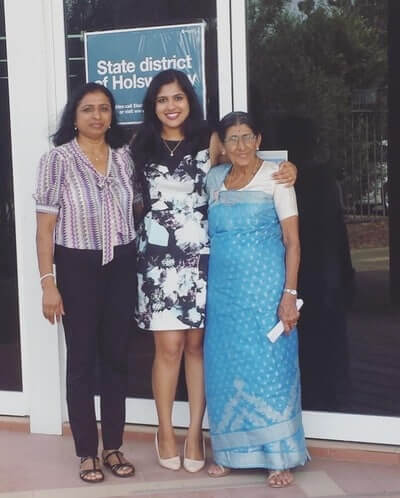
Charishma with her mother and grandmother (Source: Supplied)
Charishma Kaliyanda: How about Ammachi, what is the best advice your mum ever gave you?
Bhanu Chottera: Always be financially independent, and make sure you save some money as you never know when you’ll come across a rainy day when you need it!
Charishma Kaliyanda: That is definitely practical advice that we can all use. Tell me about the day I was born.
Bhanu Chottera: I felt blessed – but it was a lot of effort, because I was in labour for almost 22 hours with you!
I was so happy because I always wanted a girl. I grew up with two sisters so, in having a daughter, I knew I would always have someone to talk to, share experiences and develop a lifelong bond with.
The entire extended family was so pleased because my sister is the eldest and she was a role model for everyone else. You were also the first female grandchild on both sides of the family, and so your Thatha called you our ‘Lakshmi’.
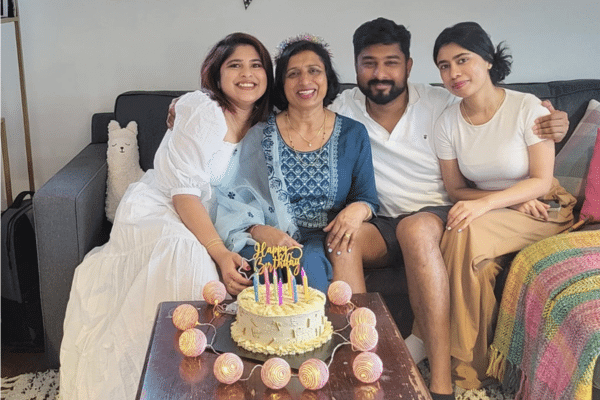
Celebrating mum’s 60th birthday (Source: Supplied)
Charishma Kaliyanda: That’s really cute, I didn’t know that. Tell me about the world events that have had the most impact on you?
Bhanu Chottera: The first event was the 2004 Tsunami in the Indian Ocean. I had never heard the word tsunami before and didn’t know what it was until I saw the devastation created that day – so many people died, there was so much destruction and across such a large area. It made me realise that things can change in the blink of an eye, anything can happen and life is short, precious and unpredictable. It made me really think about what I wanted from my life.
The other is COVID, of course. The whole period had a huge impact on me and reinforced that nothing belongs to you, so share what you have and show care to the people around you as much as you can.
Charishma Kaliyanda: Keeping those lessons in mind, what would you say are the best decisions you made in your life?
Bhanu Chottera: The first was keeping in mind my parents’ advice and getting an education because I got my dream job working for the Indian Government’s housing department as an architectural draughtsperson. I loved my work and my lifestyle and I made some amazing friends that I am still close with today.
The second was buying a home. After coming to Australia, starting a new life from scratch here, having a home of my own was a sign that I had some roots and could stand on my feet. It made me feel like I had achieved progress and independence, and I could nurture my family (and my own garden!).
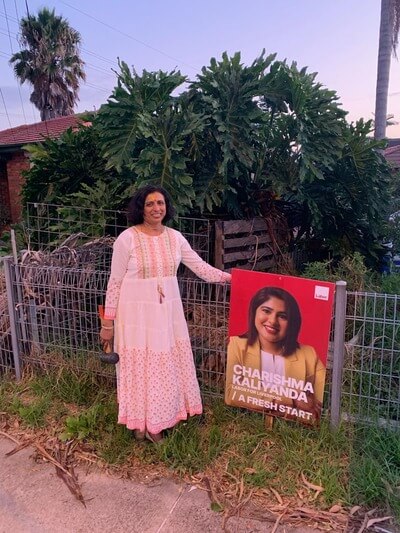
Mum on the campaign trail (Source: Supplied)
Charishma Kaliyanda: Speaking of gardens, that’s probably the biggest difference between us, you’re in your element surrounded by roses, mulch and manure and you still won’t let me forget how I accidentally killed your choko vine when I was 14! How did you feel when I told you I wanted to get into politics?
Bhanu Chottera: It was actually a shock. Coming from a different cultural background, I thought you might find it difficult to be accepted. I also saw the demands of working in politics in the media and thought it would be really challenging. At the same time, I remembered the advice I had gained from my dad, who served in the army for many years and had even fought in a World War and knew I should pass it onto my daughter. You come from a long line of fighters, so I knew you would be alright.
Charishma Kaliyanda: So how did you feel on election night when results came in that I had won? What went through your mind?
Bhanu Chottera: Which election? There have been a few!
Charishma Kaliyanda: Look, that’s a fair call.
Bhanu Chottera: The first one was a bit disappointing but I remember clearly thinking “there’s always next time, this is only the beginning”. We’ve been on a long journey, with 6 election nights in total! On election night last year though, I thought, “this is the right time”. I have seen you develop the skills and temperament to balance things and to be able to make the impact you want to on the things you are passionate about.
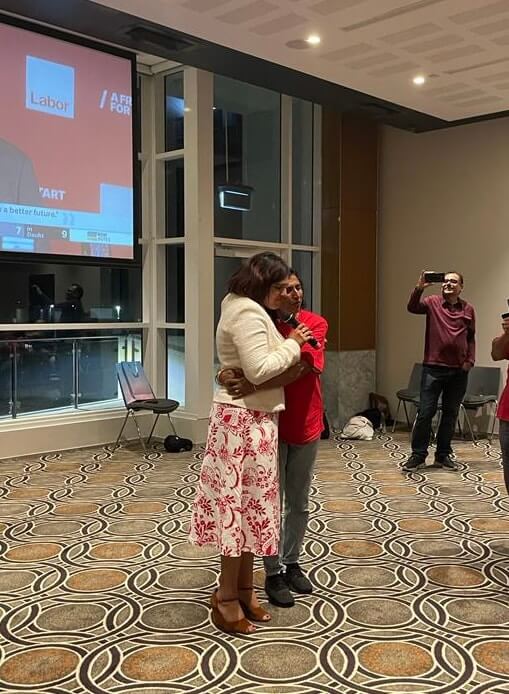
With mum on election night as results came in (Source: Supplied)
Charishma Kaliyanda: How about on the day I was sworn in at Parliament ?
Bhanu Chottera: That was one of the most exciting and memorable days of my life. I felt my daughter had achieved something I never thought possible. When we became Australian citizens, I remember we had the ceremony at the Liverpool Council chambers and when you were sworn in as the youngest councillor at Liverpool Council in 2016, I was blown away. To see you become a member of the NSW Parliament was a real validation of our decision to seek a new life in Australia because we wanted better opportunities for our children. You made us proud, and all the challenges and sacrifices worth it.
Charishma Kaliyanda: What do you worry about most now, regarding me?
Bhanu Chottera: Look, like every parent I always worry about your health, happiness and safety. I know the hours you work and the travel you do, as well as the stress and responsibility you take on. So I try and encourage you to maintain a healthy work/life balance.
Charishma Kaliyanda: If by encourage, you mean, nag with great affection, you’re spot on! So what about your own self, what are you looking forward to?
Bhanu Chottera: I want to stay healthy as possible so I can travel, starting with Cambodia! I try and eat well, meditate, exercise and stay connected with my friends. I really enjoy being involved with charities and community work because I like helping people and I know that people have been there to support me when I needed it, so I pay it forward.
Charishma Kaliyanda: What the one lesson you want me to take forward?
Bhanu Chottera: Always listen to people, but believe in yourself and act according to what your heart is telling you.
source: http://www.indianlink.com.au / Indian Link / Home> India in Australia / by Indian Link / May 09th, 2024

